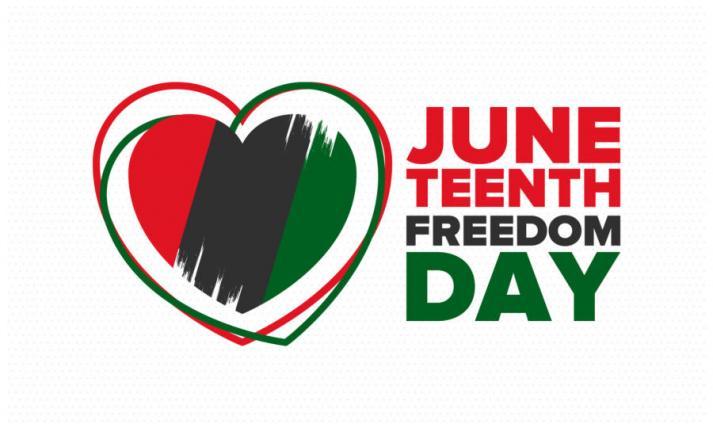On June 19, 1865, Major General Gordon Granger signed General Order No. 3, which relayed the legal effect of the Emancipation Proclamation to Texas, ending the bestial practice of slavery in the state. Despite the scarce presence of Union soldiers in the western-most slaveholding state the Order was read publicly, and Union soldiers walked through Texas plantations proclaiming the day of jubilee to those who had known only the compounding sorrows of human bondage, and the flesh-rending cruelty of the lash.
Memorial celebrations of the June 19th reading of General Order No. 3 began in Galveston, Texas in 1866. Galveston served as General Granger’s headquarters. Though it is widely believed the Order was read in the Galveston town square, that historical anecdote has not been verified. Celebrations of June 19th (hence the portmanteau “Juneteenth”) then began moving across the southern United States. Political, economic, and social forces such as Black Codes/Jim Crow, the Great Depression, and the Great Migration led to a decline in the observance of Juneteenth. Fittingly, Texas was the first state to officially recognize the memorial celebration in 1979. Several other states including Virginia, New York, and New Jersey, have officially recognized Juneteenth. A press remains ongoing for recognition by the federal government.
Juneteenth is celebrated in all major U.S. cities and as far as France. As the holiday has spurred awareness outside of the African-American and African diasporic communities, well-intentioned questions as to why the annual celebration is held are routine. The difficulty in fashioning an answer lies within the superficial import of the question. There is no one right answer. The reasons are as multifaceted as the African-American people.
There is no one right way for the descendant of a survivor of the Mid-Atlantic holocaust to trace their history from the shores of Africa to the shores of South Carolina, Virginia, Puerto Rico, and Haiti. There are no apt words for a people whose language was lost, mutilated, and bled out on the threshing floors of cotton fields and rows of sugar plantations by cruel merchants who grew rich trading in human suffering. No singular sentiment can properly convey the inherent sense of community born from so many documented miscarriages of justice. However, there are several facets common to Juneteenth celebrations.
Memorialization is key; remembering those lost, those never known, those freed, those who have fought, and those who continue to fight. It is critical to remember where we came from, and to where we were brought. It is as critical to remember how far we have come since being considered no more than chattel, farm animals with neither rights nor existence outside of our forced servitude. And this was not so long ago. My grandfather knew those who were once in bondage. We must always, all of us, remember. To borrow from Edward Baptist: to do otherwise would rob the millions who suffered in bondage of their full legacy.
Celebration of Juneteenth is, for many, an expression of appreciation. We cannot fathom what our ancestors had to endure. Even after slavery was legally ended, so many struggled against the chains and violence of Reconstruction, Jim Crow, and segregation to ensure the successes that my generation has enjoyed. Yet, despite those successes many continue to lose their lives and livelihoods to the vestiges and remnants of the “original sin.”
Education also plays a role. Juneteenth celebrations serve not only to educate the African-American community, but also those communities of which we are a part. Much of our history has been scrubbed and hidden from the general populace, and its absence gives rise to rumor and lore. Almost all Juneteenth celebrations include observance of our history that is a type of catechism. The singing of hymns, the reading of literature, and the sharing of recipes centuries old are all a part of these celebrations. To partake in a Juneteenth celebration is a master class in American history.
This leads us to participation. A community celebration is only fulfilled when the community partakes. I encourage you to spend a few minutes Googling, or asking Siri, to locate Juneteenth celebrations in your respective community. And if you can, do not just attend. Assist in funding, or organizing, or working the event. Meet someone new there. You will hear in each conversation the paraphrasing of Langston Hughes’ refrain: I, too, am America.
Happy Juneteenth.

